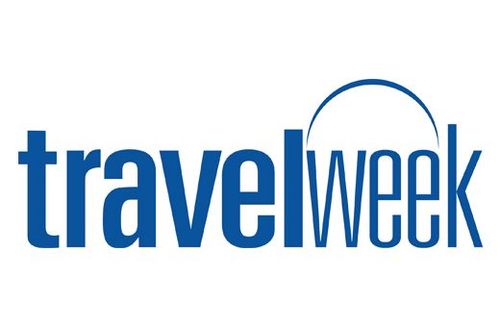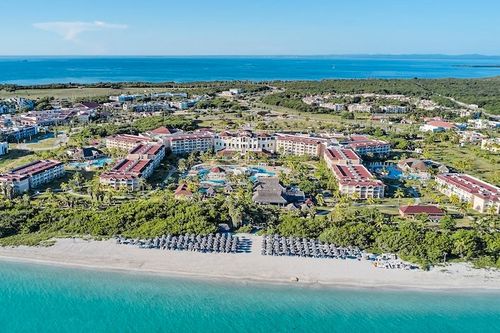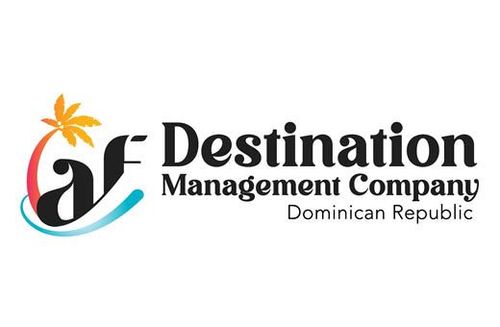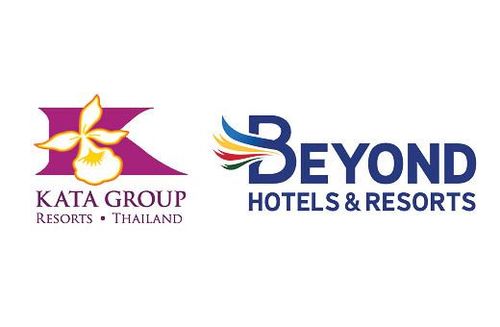Where travel agents earn, learn and save!
News / Can Transat survive without Air Canada? “The short answer is yes,” says aviation expert
“Transat will need some bridging cash as well as some restructuring capital”

April 12 - As with most travel news this past year, the termination of the planned merger between Air Canada and Transat came as a huge shock to the industry, despite warning signs in recent weeks that something was amiss.
Both companies came to a mutual agreement last week to terminate the agreement after the European Commission (EC) – the final say in the regulatory process – indicated that it would not be giving it its stamp of approval due to competition concerns on transatlantic routes. This comes just a few weeks after Transat chief executive Jean-Marc Eustache announced that the Montreal-based company was working on securing financing in case the Air Canada deal fell through, a foretelling sign of what was to come.
Despite the Government of Canada’s support of Air Canada’s $190 million takeover bid (it had previously granted approval on Feb. 12), the deal is now dead in the water without the EC’s go ahead. Air Canada has agreed to pay Transat a one-time termination fee of $12.5 million but beyond that, what’s next for Transat? Like all airlines, it has seen its profits plummet during the pandemic, with 2020 Q4 results showing just $28.4 million in revenues, a massive 95.9% decline ($664.8 million) compared with 2019. Plus, the federal government has yet to provide any details about its “package of assistance” for Canadian airlines, which was first announced on Nov. 8 by then Minister of Transport, Marc Garneau.
Air Canada and Transat were steadfast in their desire to get the deal done. Transat rebuffed an offer from Group Mach in July 2019 and recommended that its shareholders support Air Canada’s offer. So now, without the deal, the question remains: can Transat survive this latest setback?
The short answer, says one aviation expert, is yes.
“Transat will need some bridging cash as well as some restructuring capital,” says John Gradek, Faculty Lecturer and Coordinator of McGill’s Aviation Management Program and member of the Transportation Appeal Tribunal of Canada. “Estimates put bridging cash at $500 million from the federal government as well as $150 million in equity infusion to purchase the outstanding shares and replace the Board. Once done, the work begins to rebuild its relationship with customers and channels.”
When asked how Transat will need to position itself in the months ahead, in anticipation of travel’s eventual recovery, Gradek tells Travelweek that branding will be of the utmost importance.
“Assuming that current leadership looks to continue the organization and build its credibility in the Canadian marketplace, Transat has to leverage its brand in the leisure market, which will recover ahead of business travel, as well as convince customers that it will maintain its value proposition. This means pricing leadership as well as superior onboard service levels against the more established carriers, a tactic that served them well in the past,” he says.
As the smaller airline of the two, Transat will face a steeper climb in its recovery than the legacy carrier. But does this mean that Air Canada will emerge from the non-deal relatively unscathed? There’s certainly reason for the airline to be optimistic about the future, with the resumption of international flights to Mexico, the Caribbean and South America in May. But time will only tell if the failed acquisition will end up hurting Air Canada in the long run.
“Air Canada pursued Air Transat to secure brand name but, more importantly, the excellent fleet that Air Transat operates,” adds Gradek. “Air Canada would have been able to retire less fuel efficient and less sustainable aircraft with Air Transat’s fleet, but the pandemic has aided Air Canada in this retirement strategy.
“So Air Canada will do well without the acquisition but with the continued survivl of Air Transat, there remains a formidable competitor on Atlantic and Southern routes.”
More Travel News:
An interview with ACTA President Wendy Paradis
The Riviera Nayarit reinforces its air connectivity
Cancun International registers new historical figures for March with arrival of more than 692,000 passengers
Porter Airlines releases new tentative date for restarting flights











